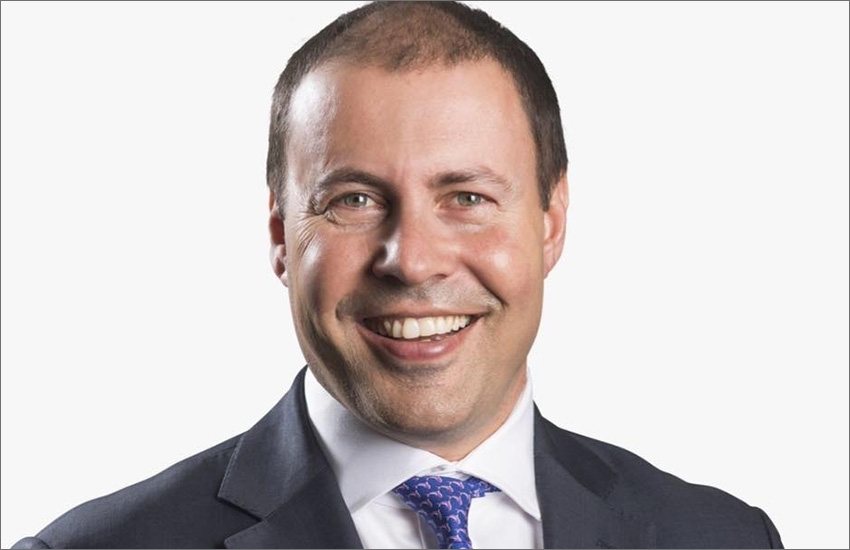The scheme’s popularity has been limited to date, with only 15,600 businesses getting their hands on loans worth a combined $1.5 billion, compared to the scheme’s planned value of $40 billion.
To attract more SMEs to the scheme and help them move out of hibernation and adapt to the new COVID-safe economy, the Treasurer has announced a post-September tailoring of the scheme to serve more businesses.
You’re out of free articles for this month
According to a statement issued by Josh Frydenberg’s office, the purpose of the loans will be modified to extend beyond working capital and allow funding of a wider range of investments.
Secured lending will also be permitted, excluding commercial or residential property, and the maximum loan size will be lifted to $1 million from the initial $250,000.
Other changes include an increase of the maximum loan term to five years (from three years) and the introduction of lender discretion to offer repayment holiday periods.
“The extended terms of the scheme will enable lenders to continue supporting Australian small businesses when they need it most,” Mr Frydenberg said.
“The expanded scheme will shift from providing access to working capital to helping businesses stay afloat during the crisis to now also enabling them to access more affordable and longer-term credit so that they can invest for their future.”
The initial phase of the scheme remains available for new loans issued by eligible lenders until 30 September 2020, with the second phase of the scheme to kick off on 1 October 2020 and run until 30 June 2021.
Commenting on the Treasurer's announcement, the Australian Small Business and Family Enterprise Ombudsman Kate Carnell said she supports this next phase of the Coronavirus SME Loan Guarantee Scheme.
“Crucially, the extended terms of the scheme provides small businesses more affordable credit over a longer period so they can invest in their future," said Ms Carnell.
From 1 October, Small businesses with a turnover of up to $50 million can apply for the loans from 44 approved lenders.
“These loans are unsecured and that means you don’t have to provide your home as security for the loan,” Ms Carnell explained.
“While this is a good option for viable small businesses that have the capacity to grow, it is always a good idea to seek advice from a trusted, accredited financial adviser before entering into a loan.”

 Login
Login






